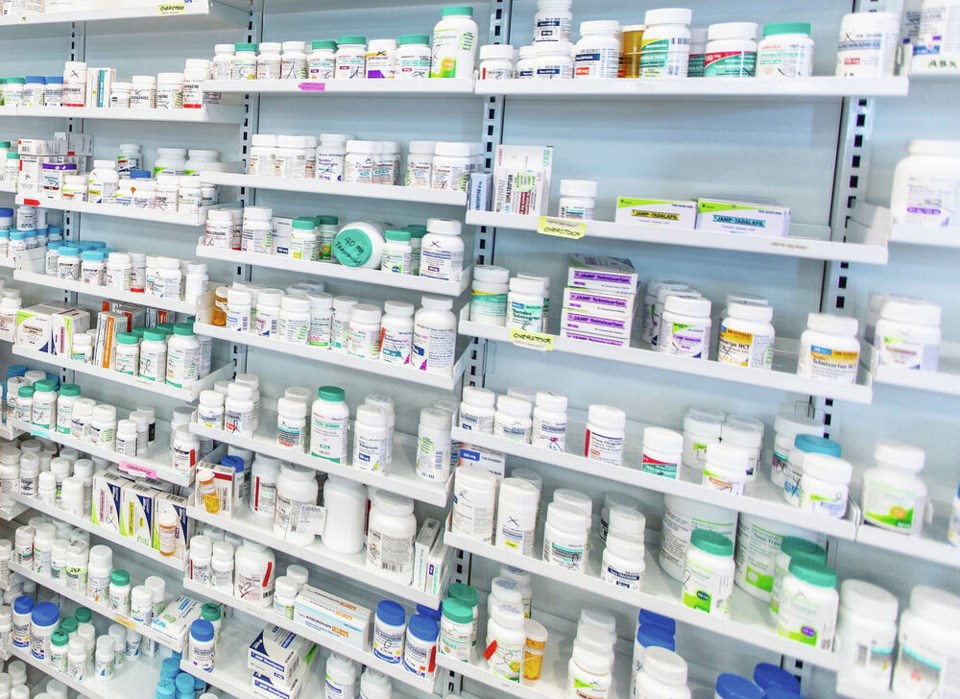Florida plans to import drugs from Canada. The U.S. Food and Drug Administration has approved the project.
The reason is clear. Average drug prices in the U.S. are 3½ times higher than in Canada. Florida Governor Ron DeSantis estimates state-run drug plans will save $240 million a year by purchasing Canadian-made drugs.
This is the first time the FDA has granted such an approval. For some time, individual Americans have been driving across the border and getting prescriptions filled at Canadian pharmacies.
But to date, no state has taken the Florida step, though several are actively exploring it.
This is a shocking development. One reason American drug prices are so much higher than Canada’s — indeed the highest in the world — is that U.S. regulatory bodies like the FDA (and ultimately Congress) have utterly failed to restrain their nation’s pharmaceutical industry.
So much so, indeed, that until recently, Medicare, that country’s health insurance program for people over 65, was prohibited from even negotiating prices. It had to take whatever the industry offered.
We may fairly say, instead of dumping their problem on Canada, those U.S. agencies should mend their own ways.
For the threat this problem poses is very real.
Florida has a population roughly half the size of Canada’s. We could not possibly serve that market, and retain sufficient supplies ourselves. As it is, roughly 1,800 drug types are already in short supply across Canada.
Florida isn’t interested in just any Canadian drugs. Our firms manufacture both generic medications, that is drugs whose patent has run out, and brand names, which remain on patent.
It’s the latter that Florida wishes to purchase. There is no benefit in buying Canadian-made generics, because these sell for the same price in the U.S. as Canada.
But the brand-name drugs we manufacture sell below the Florida price because Canada regulates drug prices more effectively than the U.S.
If the state can import Canadian brand-name drugs at Canadian prices, the savings would be considerable.
The threat is obvious. If other states joined in, Canada could meet only 10 per cent of the demand before our own supplies were exhausted.
Health Canada has addressed this threat by telling Canadian manufacturers they may not export drugs which are already in short supply.
But which exactly are those, and what counts as “short supply”? It appears the industry is being left to handle matters in whatever manner it deems appropriate.
Is that in any way realistic?
Like any other line of business, the pharmaceutical industry exists to maximize profits.
If it can sell to Florida or other U.S. markets and make money, we have to expect that’s what will happen.
And if shortages do arise?
The manufacturers will blame someone else or claim they were unable to predict the shortage.
And if Health Canada follows through on its threat to penalize those manufacturers, if necessary by seizing their licences?
In all likelihood, other exporters will take over and the problem will repeat itself.
What, then, should Ottawa do?
First, the Canadian government should file a vigorous complaint with the U.S. federal government, demanding that the FDA revoke its permit.
If the agency replies that it is concerned only with the safety of American drug supplies, then demand that Congress act.
Second, Health Canada and the Ministry of Foreign Affairs should review existing legislation and, where necessary, strengthen the export regulations that ensure safe supply.
Pharmacists say they believe the frequency of drug shortages has greatly increased over the past few years.
That will only worsen if Florida is allowed to get away with this piece of outright brigandry.
>>> To comment on this article, write a letter to the editor: [email protected]

.jpg;w=120;h=80;mode=crop)

